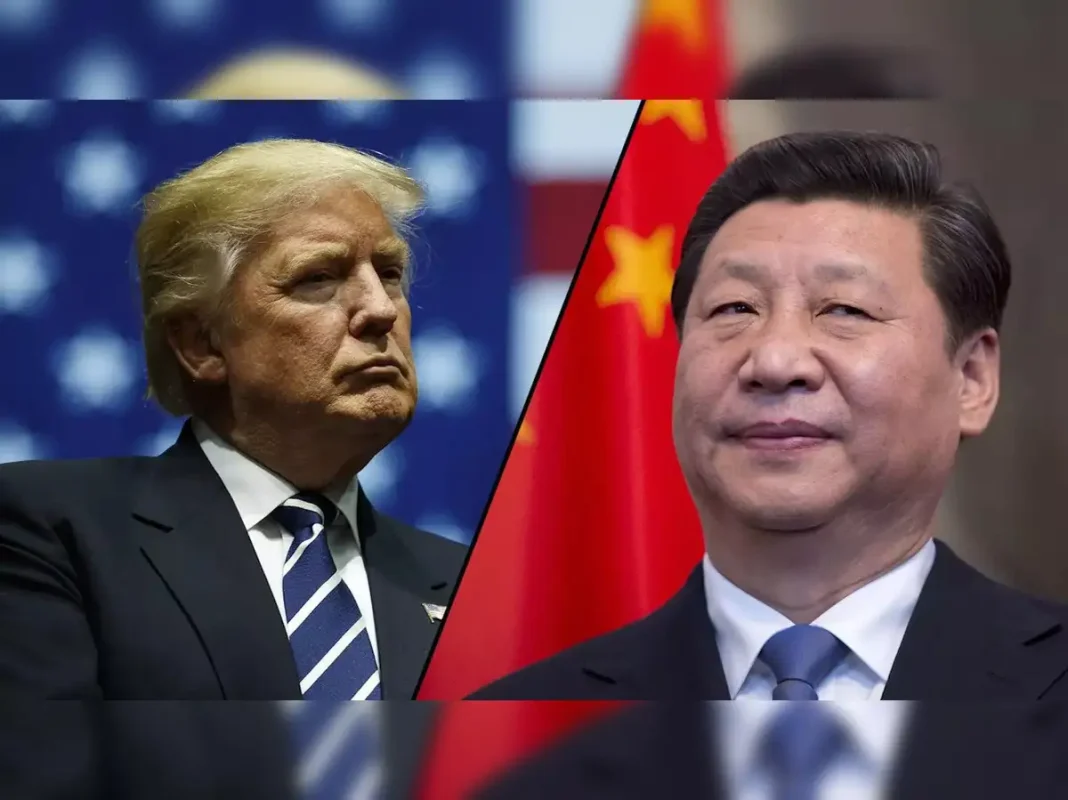The upcoming US-China trade talks in Switzerland mark a cautious but notable step toward easing tensions between the two economic superpowers. While both sides appear open to dialogue, their public statements suggest deep-rooted mistrust and entrenched positions—particularly over tariffs that have already hit a wide range of goods and industries.
Key takeaways:
- Participants: Chinese Vice Premier He Lifeng will meet with US Treasury Secretary Scott Bessent and USTR Jamieson Greer.
- Timing: Talks are set for May 9–12.
- Backdrop: President Trump’s administration has imposed tariffs up to 145% on Chinese imports, with Beijing retaliating with 125% tariffs on some US goods.
- Expectations: Analysts anticipate months of negotiation, possibly extending beyond a year. Initial discussions are likely focused more on de-escalation than crafting a comprehensive deal.
- Market reaction: Investors responded positively to news of the talks and to economic stimulus announcements in China, reflecting cautious optimism.
Despite the positive tone from markets, trade experts remain skeptical about rapid breakthroughs, noting the complexity of the issues and parallels to the 2018 US-China trade conflict. Both sides appear to be entering the talks with firm red lines but a shared interest in avoiding further escalation.


